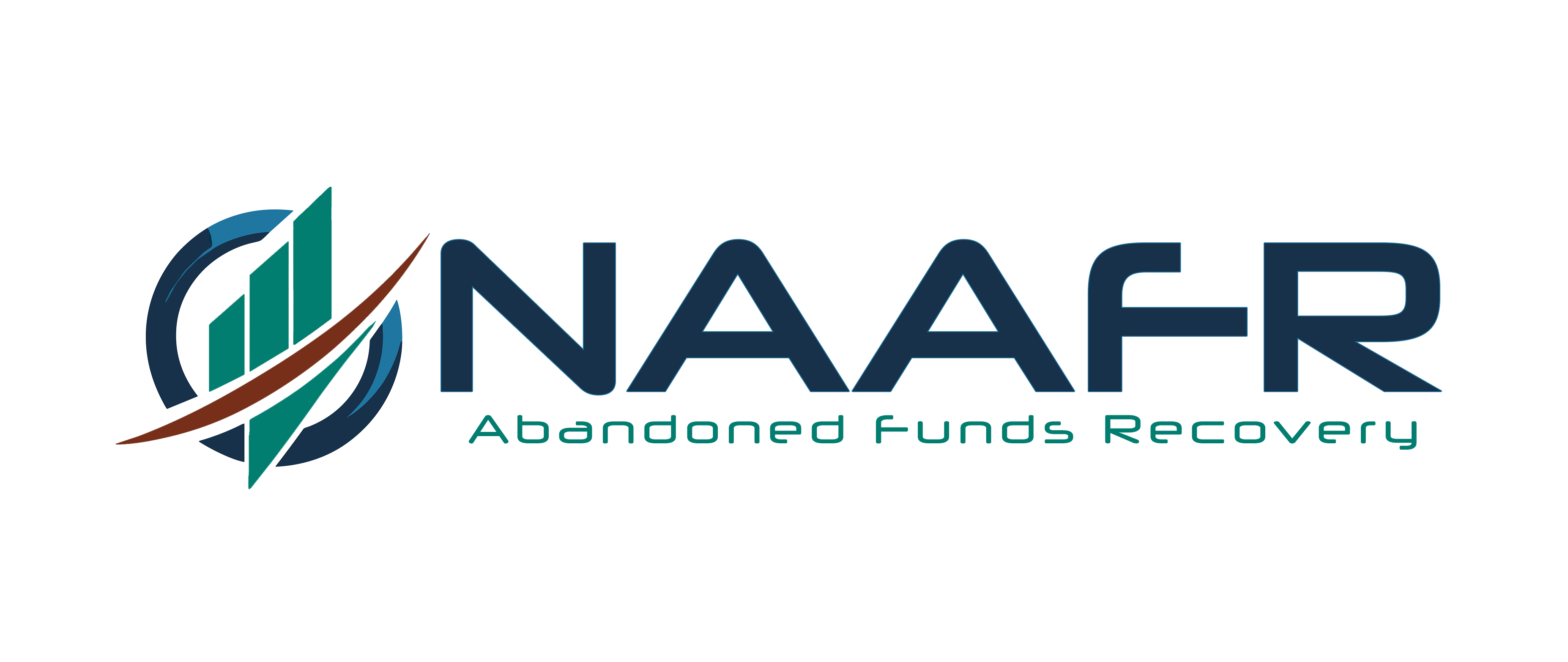When a property is sold at a foreclosure auction, any funds remaining after paying off the debt, taxes, and associated costs are considered surplus funds. As a former homeowner, it is essential to protect your rights to these funds to ensure you receive what is rightfully yours. This article provides practical advice on safeguarding your rights to surplus funds and navigating the recovery process effectively.
Understand Your Rights to Surplus Funds
Surplus funds, also known as excess proceeds, belong to the original property owner or their heirs after all debts and costs associated with the foreclosure sale are paid. As the rightful claimant, you have the legal right to recover these funds. However, each state has its own rules and deadlines for claiming surplus funds, so it is crucial to familiarize yourself with the specific regulations in your jurisdiction.
Steps to Protect Your Rights to Surplus Funds
To protect your rights and ensure a successful recovery of surplus funds, follow these steps:
- Act Quickly: Time is of the essence when claiming surplus funds. States typically have strict deadlines, ranging from a few months to several years, after which the funds may be forfeited to the state. Check with your local government or legal advisor to determine the deadline in your area and act promptly.
- Gather All Necessary Documentation: Prepare the required documentation to prove your entitlement to the funds. This may include proof of ownership, identification, death certificates (if claiming on behalf of a deceased owner), and other legal documents.
- Keep Accurate Records: Maintain a file with all documents related to the foreclosure and surplus funds recovery process. This includes notices, correspondence, court documents, and receipts. Having organized records will help you stay on top of the process and provide necessary evidence if disputes arise.
- Consult a Legal Professional: Consider consulting an attorney who specializes in surplus funds recovery or real estate law, especially if your case involves complexities such as multiple claimants, conflicting documents, or disputes.
- Stay Vigilant Against Scams: Be cautious of fraudulent companies or individuals offering to recover surplus funds for you for a large upfront fee. Always verify their credentials and seek reputable professionals if you need assistance.
Know the Potential Challenges
While the process of claiming surplus funds is generally straightforward, it can involve several challenges, including:
- Competing Claims: Other parties, such as creditors or heirs, may also have a legal claim to the surplus funds, which can lead to disputes.
- Legal Complexities: Navigating state-specific laws, understanding legal terms, and complying with court procedures can be daunting without legal assistance.
- Administrative Delays: Government agencies or courts handling the surplus funds may face backlogs or delays, affecting the time it takes to process your claim.
Conclusion
Protecting your rights to surplus funds after a foreclosure requires timely action, proper documentation, and a clear understanding of the process. By staying informed, organized, and vigilant, you can navigate potential challenges and ensure you receive the funds you are entitled to. If needed, seek professional assistance to guide you through the recovery process and safeguard your rights.



